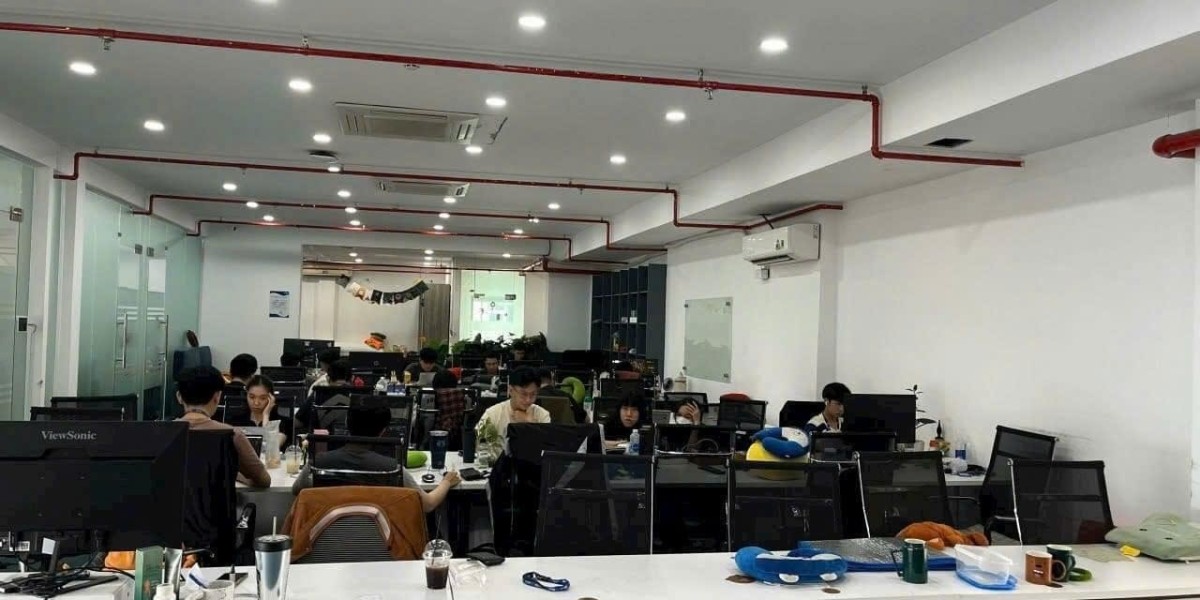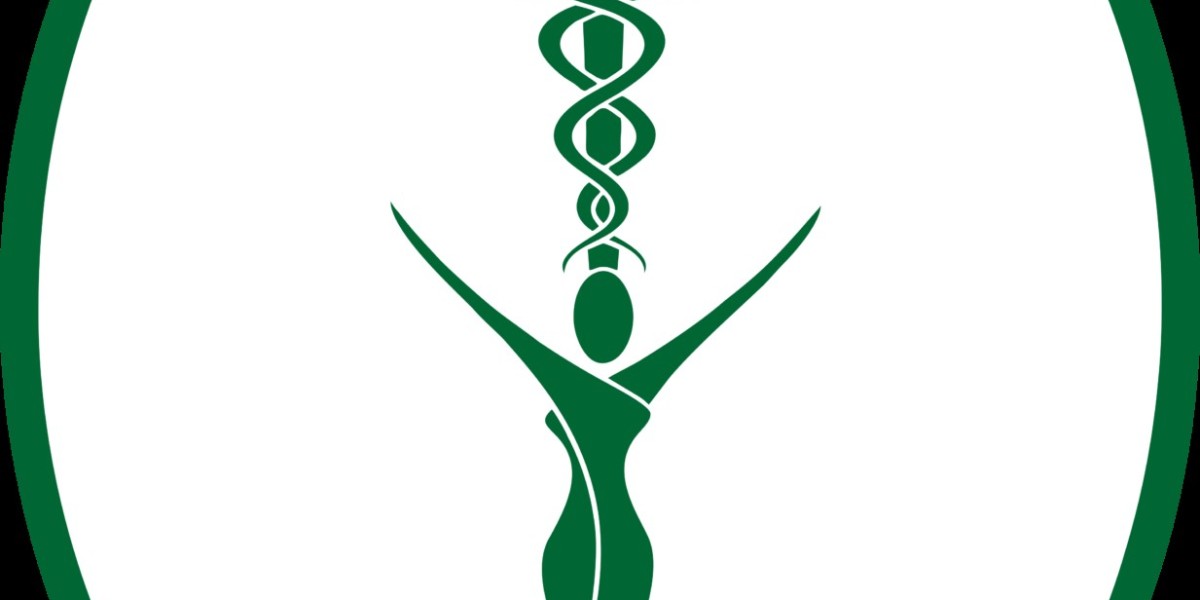 One of the most important methods to advance your profession is to proceed studying and creating new expertise. This can contain taking programs, attending conferences, or pursuing certifications in your field. By staying up-to-date with the newest tendencies and applied sciences, you presumably can place your self as an skilled in your business and enhance your worth to employers. To overcome this, understand the benefits of the change, preserve a positive perspective, and take small steps in course of your new career. Identify any talent gaps you have and hunt down coaching or schooling to fill these gaps. If you are missing support, hunt down mentors, join assist groups, or consider skilled profession teaching. Regularly review and update your model to make sure it accurately reflects your current abilities, experiences, and career goals.
One of the most important methods to advance your profession is to proceed studying and creating new expertise. This can contain taking programs, attending conferences, or pursuing certifications in your field. By staying up-to-date with the newest tendencies and applied sciences, you presumably can place your self as an skilled in your business and enhance your worth to employers. To overcome this, understand the benefits of the change, preserve a positive perspective, and take small steps in course of your new career. Identify any talent gaps you have and hunt down coaching or schooling to fill these gaps. If you are missing support, hunt down mentors, join assist groups, or consider skilled profession teaching. Regularly review and update your model to make sure it accurately reflects your current abilities, experiences, and career goals. The Division of Continuing Education (DCE) at Harvard University is devoted to bringing rigorous lecturers and revolutionary educating capabilities to these in search of to enhance their lives by way of education. We make Harvard education accessible to lifelong learners from high school to retirement. Harvard Extension School alumna Jessica A. Kent shares what she learned from an surprising career change. One challenge that may trip up career changers is attempting to alter everything all of sudden. You probably already have an concept of which profession you need to transition into based in your gut feeling and self-reflection course of. By speaking to others who've been on a similar career journey as you hope to take, you'll have the ability to "learn what the steps are to get there, if that’s where you need to go," she adds.
The Division of Continuing Education (DCE) at Harvard University is devoted to bringing rigorous lecturers and revolutionary educating capabilities to these in search of to enhance their lives by way of education. We make Harvard education accessible to lifelong learners from high school to retirement. Harvard Extension School alumna Jessica A. Kent shares what she learned from an surprising career change. One challenge that may trip up career changers is attempting to alter everything all of sudden. You probably already have an concept of which profession you need to transition into based in your gut feeling and self-reflection course of. By speaking to others who've been on a similar career journey as you hope to take, you'll have the ability to "learn what the steps are to get there, if that’s where you need to go," she adds.Add the best books for a career change to your reading list
Even if you don’t know anybody from the skilled sphere you want, you can check Facebook teams or participate in a networking event. Before you permit your current job, take a look at the waters in your target place or trade. See should you can tackle a associated project in your current firm or shadow someone who does your required job for a couple of days. That method, you’ll know if your dream job aligns along with your strengths and profession goals. It may be clever to put off your change if you’re planning on shopping for a brand new house, anticipate needing a brand new automobile quickly or planning on beginning a household.
Anxiety often arises from the strain to reach a brand new role and adapt to unfamiliar environments. Coping with the concern of failure and navigating through adaptation challenges may be overwhelming. In right now's quickly evolving job market, staying related usually means acquiring new abilities or enhancing present ones. For mid-career professionals trying to transition, understanding and bridging the skill gap is a crucial step. Navigating career transitions, particularly for mid-career professionals, can often be a frightening endeavor.
Craft a compelling resume and cover letter that showcases your related achievements and demonstrates your ability to adapt and excel in a different business. There are many reasons for this, such as desirous to observe their passions, explore new industries, or find more achievement of their work. However, altering careers could be overwhelming, so it is necessary to plan and contemplate all choices rigorously. While it might appear intimidating, leveraging your transferable skills, investing in reskilling and constructing a powerful community can make the change much smoother. By their 30s, people could have extra responsibilities, such as beginning a family or paying off scholar loans, Contelacao familiar which can affect their career selections.
Research and target the right industries
Having gone by way of three major career changes himself, he now shares insights from building & relaunching world consumer manufacturers to empower professionals and enterprise homeowners to construct & relaunch their private brands. Research includes understanding the trade developments, job market demand, and the skills and expertise required for the roles you are pursuing. By conducting thorough analysis, you'll be able to better perceive the expectations and necessities of your required position and develop a plan to acquire the required skills and expertise. The course of may also help you determine potential employers and networking alternatives. In today’s fast-paced job market, the ability to transition smoothly from one career to another is more necessary than ever. This is the place transferable skills come into play—skills that you could carry from job to job, no matter industry. Whether you’re in search of a new role in the same area or venturing into a completely completely different industry, recognizing and leveraging your transferable abilities could make your profession transition extra profitable.
I was still confused about what I ought to pursue and often thought about the regrets I could have in the future if I left the tourism industry. Without understanding it at the time, I utilized Jeff Bezos’ Regret Minimization Framework and steadily internalized the necessity for change. "Stay focused and dedicated to your objective — and also you just might end up on a rewarding new career path." "Your network might be invaluable in making the transition to a brand new business," Allen advised FOX Business. Also, with many firms adopting this skills-based hiring, candidates should emphasize both their technical competencies and their gentle expertise, corresponding to an eagerness to be taught and the flexibility to adapt, Chamberlin stated. Here are 10 lessons I’ve learned from a few of them about what it takes to efficiently relaunch your profession.






